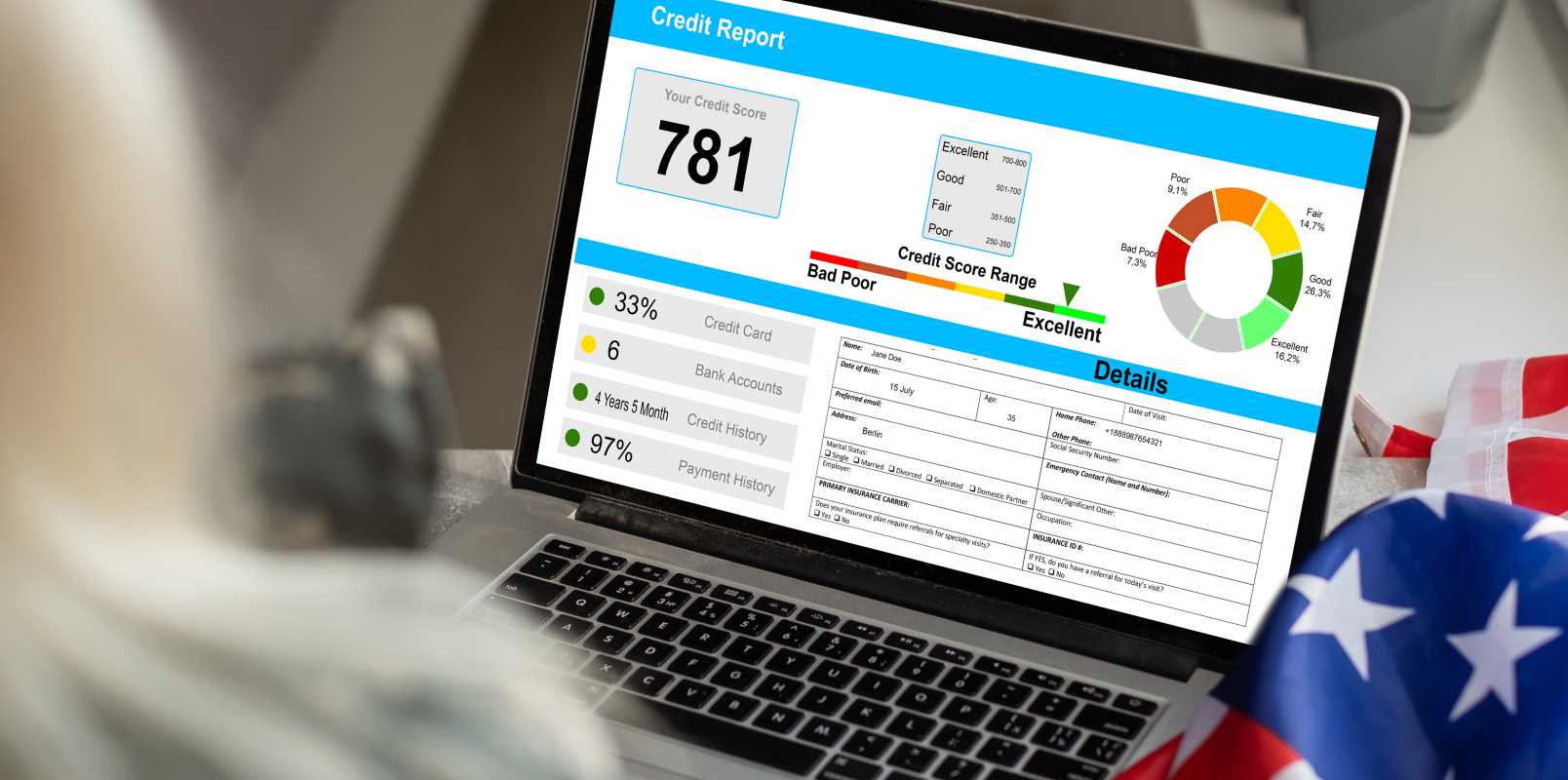Taking control of your finances serves as a cornerstone for reaching success in both your personal and professional life. As an ambitious young professional, harnessing robust financial skills not only distinguishes you from the crowd but also lays the groundwork for a secure and prosperous future. Whether your dreams include purchasing a home, embarking on global adventures, or relishing the freedom that comes with financial independence, knowing how to manage your money with skill and precision is crucial. By cultivating these abilities, you open doors to opportunities that enrich your life, enabling you to achieve your goals with confidence and clarity.
Understanding Your Financial Goals
Setting clear financial goals helps you stay focused and motivated. Here are some common objectives that young professionals often pursue:
- Saving for a down payment on a house
- Paying off student loans
- Building a retirement fund
- Creating a travel fund for future adventures
- Establishing an emergency savings account
By identifying what's most important to you, you can prioritize your spending and saving habits to align with your long-term aspirations.
Creating a Budget
Building a budget doesn't have to be complicated. Follow these steps to create a plan that works for you:
- Track Your Income and Expenses: Begin by recording all sources of income and categorizing your monthly expenses. This includes rent, utilities, groceries, entertainment, and any other expenditures.
- Set Spending Limits: Allocate specific amounts to each expense category based on your financial goals. Ensure that your spending does not exceed your income.
- Monitor and Adjust: Regularly review your budget to see where you can make adjustments. Life changes, so your budget should remain flexible enough to accommodate new circumstances.
- Use Budgeting Tools: Consider using apps or spreadsheets to simplify the budgeting process and keep everything organized.
A well-crafted budget acts as a roadmap, guiding your financial decisions and helping you stay on track toward your goals.
Investing Basics
Investing can seem daunting at first, but understanding the basics helps you make informed decisions. Here are some key tips to get you started:
- Start Early: The sooner you begin investing, the more time your money has to grow through compound interest.
- Diversify Your Portfolio: Spread your investments across different asset classes to reduce risk.
- Understand Your Risk Tolerance: Assess how comfortable you are with potential losses and choose investments that match your risk level.
- Educate Yourself: Take the time to learn about different investment options, such as stocks, bonds, and mutual funds.
- Consult Professionals: Consider seeking advice from a financial advisor to help you create a personalized investment approach.
With these foundational principles, you can begin to build a portfolio that supports your financial objectives and adapts to your evolving needs.
Debt Management
Managing debt effectively is vital for maintaining financial health. Here are some tips to help you take control:
First, prioritize high-interest debts, such as credit card balances, by paying more than the minimum payment whenever possible. This reduces the amount of interest you pay over time and accelerates the debt repayment process. Consider consolidating multiple debts into a single loan with a lower interest rate to simplify payments and potentially save money.
Another approach involves creating a debt repayment plan, such as the snowball method, where you focus on paying off the smallest debts first while making minimum payments on larger ones. As you eliminate each debt, you gain momentum and motivation to tackle the next one. Staying disciplined and avoiding new debt remain crucial components of successful debt management.
Building an Emergency Fund
An emergency fund acts as a financial safety net, providing peace of mind during unexpected situations. Here's why it's important and how to build one:
Having an emergency fund ensures that you can cover unexpected expenses, such as medical bills or car repairs, without derailing your financial goals. Start by setting a target amount, typically three to six months' worth of living expenses, and gradually work toward it by setting aside a portion of your income each month. Automating your savings can make this process easier and more consistent.
Keep your emergency fund in a readily accessible account, such as a high-yield savings account, to ensure that the money is available when needed. By prioritizing the development of an emergency fund, you safeguard your financial stability and reduce stress during challenging times.
Enhancing financial skills through money mastery leads to smarter decisions and a brighter future.







